Key Takeaways
- Some veggies are dangerous for rabbits – Foods like onions, potatoes, and rhubarb can be toxic and should be avoided.
- Fruits should be given in small amounts – Bananas, grapes, and other sugary fruits can cause digestive issues if fed too often.
- Processed foods aren’t safe – Bread, crackers, and other human snacks can upset a rabbit’s digestive system.
- A good diet is simple – Rabbits thrive on hay, leafy greens, and a few rabbit-safe veggies.
Hey there, BunnyGang!
It might seem a bit ironic for animals who eat as much as rabbits do, and as constantly as they do, to have such sensitive digestive systems - but they do! There are many foods that may not agree with your rabbit, many more that don’t agree with any rabbit, and plenty that are outright poisonous to them.
Thanks to their unique physiology, these remarkable small herbivores must consume a near-constant intake of fiber to keep their specialized digestive tracts running smoothly. Just because rabbits are herbivores, however, doesn’t mean they can eat all varieties of greens, veggies, and fruits.

Their unique dietary requirements also make many “human treats” (and even some marketed for rabbits) inappropriate as they can lead to serious health concerns if consumed. Knowing this, it becomes less surprising that digestive illnesses in rabbits are quite common.
Some of these digestive issues can be fatal if they’re not noticed and dealt with quickly, which is why we talk so often about our rabbits’ diets, and about the importance of regular vet check ups, daily inspections, and keeping Poop Charts and Pee Charts for your pets.
Additionally, to help you make sure you’re giving your rabbits the foods they need to flourish and thrive for a long and healthy life, this guide will discuss some of the foods that should never be on their menus.
Roughly 80% of a rabbit’s diet should be fresh and well-filtered Timothy hay. They should have constant access to as much hay as they feel like, as this is the best way for rabbits to regulate their gut health.
Bunnies should also get 1-3 cups of fresh leafy green vegetables every day (depending on the size of the rabbit) and ¼-½ cups of fortified pellets. Treats (including carrots, bananas, berries, etc.) should only be given in very small amounts. A good rule of thumb is to give up to 1 cup of leafy greens for every 2 lbs of rabbit.
What Foods Should Rabbits Avoid?

Rabbits are eating machines! Thanks to their unique physiology, these remarkable small herbivores must consume a near-constant intake of fiber to keep their specialized digestive tracts running smoothly.
Just because rabbits are herbivores, however, doesn’t mean they can eat all varieties of greens, veggies, and fruits. Their unique dietary requirements also make many “human treats” (and even some marketed for rabbits) inappropriate as they can lead to serious health concerns if consumed.
It's always best to check with a rabbit-savvy veterinarian before introducing any new food to your rabbit’s diet, but there are some certain foods that rabbits shouldn't have. The list below outlines the most common unsafe foods for rabbits.
These foods should never be eaten. If you believe your rabbit has ingested one of the items listed below (regardless of quantity), monitor them closely and call your veterinarian immediately.
- Avocados
- Chocolate
- Fruit Seeds/Pits
- Onions, Leeks, Garlic
- Meat, Eggs, Dairy
- Broad Beans and Kidney Beans
- Rhubarb
- Iceberg Lettuce
- Mushrooms
- House Plants
- Processed Foods (Bread, Pasta, Cookies, Crackers, Chips, etc.)
- Potatoes
- Any Cooked or Boiled Foods
Can Rabbits Eat Avocados?
Though an excellent, healthy snack for humans, avocados contain a compound called persin which can be dangerously toxic to rabbits. This compound is found in all parts of the avocado: skin, pit, leaves, and flesh.
If a rabbit consumes toxic levels of persin, it can cause behavioral abnormalities and difficulty breathing, and, if not properly treated, can lead to congestive heart failure (fluid around the heart) which can prove fatal.
Can Rabbits Eat Chocolate?
As is the case with many other members of the animal kingdom, chocolate is incredibly toxic to rabbits. This favorite human treat contains theobromine and caffeine, both of which can be very harmful to our furry friends. The darker the chocolate, the higher the risk of toxicity.
Signs of chocolate toxicity include diarrhea, restlessness or hyperactivity, trembling, panting, squirming or difficulty getting comfortable, tachycardia (elevated heart rate), and hyperthermia (elevated temperature). Without swift treatment, chocolate toxicity can prove fatal.
Can Rabbits Eat Fruit Seeds or Fruit Pits?
Take care to remove all seeds and pits before offering fruit to your bunny. While feeding small amounts of many fruits’ flesh is perfectly safe, the seeds and pits from many fruit varieties contain trace amounts of cyanide.
Apples and pears are the most notorious examples, but the pits from apricots, peaches, plums, and mangos also contain cyanide, as do cherry pits. While the amount of cyanide contained in fruit seeds and pits is generally scant, it is best to avoid feeding them to rabbits altogether.
Can Rabbits Eat Onions, Leeks, or Garlic?
Raw allium vegetables, such as onions, leeks, and garlic, contain an oxidant called n-propyl disulfide that likes to attach itself to red blood cells. While humans are relatively unaffected by this oxidant, rabbits are more susceptible to “oxidative damage.”
As the body tries to rid the blood of the unrecognized oxidant, it will destroy the red blood cells in the process. This leads to a condition called hemolytic anemia which can be fatal if not treated promptly and aggressively. Symptoms of hemolytic anemia include pale gums, ataxia (stumbling), weakness, disinterest in food or water, and lethargy.
Can Rabbits Eat Meat, Eggs, or Dairy?
This one may seem obvious, but it is worth mentioning that rabbits, as herbivores, should never be offered meat, eggs, or dairy. Unlike carnivores or omnivores, whose digestive systems are designed to properly digest animal protein, rabbits’ sensitive gastrointestinal tracts are specifically equipped to break down low-fat, high-fiber vegetation.
Though most rabbits would turn their nose up at a piece of steak, they do have a notorious sweet tooth, and often find yogurt drops (or other dairy products) enticing. While it may seem harmless to offer a sweet, dairy-rich treat from time-to-time, it can lead to gastrointestinal upset and substantially increase the risk of obesity or dysbiosis (disruption of the microbiome).
For these reasons, it is best to avoid feeding rabbits any product containing meat, eggs, dairy, or other animal-derived proteins.
Can Rabbits Eat Broad Beans or Kidney Beans?
Broad beans (otherwise known as fava beans) and kidney beans are very high in carbohydrates and can throw off your rabbit’s delicate gastrointestinal system, resulting in soft stools or diarrhea, abdominal discomfort, bloating, and even disruption of the gastrointestinal GI) bacterial flora (Dysbiosis).
Beans also contain a high level of phosphorus and calcium and tend to be quite acidic, making them unsuitable to rabbit’s unique nutritional requirements.
Can Rabbits Eat Rhubarb?
This tart vegetable contains an impressive concentration of a compound called oxalic acid in all parts of the plant. Though oxalic acid is not toxic if consumed in small quantities, if fed in excess, it can interfere with calcium absorption and lead to other unpleasant toxic effects.
Rabbits experiencing oxalic acid toxicity can experience a swollen, painful mouth, decreased appetite, bloating and abdominal discomfort, diarrhea, and lethargy.
Can Rabbits Eat Iceberg Lettuce?
While there are several varieties of dark, leafy lettuces (like romaine and green leaf) that make wonderful staples in a well-balanced rabbit diet, light-colored lettuces, like iceberg, contain a chemical called lactucarium that can be harmful to rabbits if ingested in large quantities.
Additionally, iceberg lettuce is anything but nutrient-dense and will add no nutritional value to a rabbit’s diet. It’s best to be avoided.
Can Rabbits Eat Mushrooms?
When people think of toxic mushrooms, they often envision the toadstools that mysteriously pop up in their yards overnight. Though these wild mushrooms can certainly be dangerous, even store-bought mushrooms should not be fed to rabbits.
Mushrooms can contain a variety of mycotoxins that remain present in the fungi whether raw or cooked and can be harmful to rabbits if ingested in large enough quantities. Effects of mushroom toxicity can include diarrhea, gastrointestinal discomfort, organ damage, and neurological deficits.
Can Rabbits Eat Houseplants?
When adding a houseplant to the home, it is safest to treat it as though it is toxic to your rabbit. Even if the plant you’ve purchased is proven safe for rabbits to consume, it is often difficult to determine whether or not it may have been exposed to any chemicals (either directly or indirectly) before you brought it home.
As a result, it is generally best to keep all houseplants well-trimmed and out of reach from curious little bunny mouths.
Can Rabbits Eat Processed Foods (Bread, Pasta, Cookies, Crackers, Chips, Etc.)
As humans, some of our favorite foods are convenient, highly processed products that barely resemble the ingredients from which they were made. While it might seem like a wonderful bonding opportunity to share a potato chip or a cracker with your bunny, it is never recommended.
Many of the processed foods humans eat are high in carbohydrates and sugar which can lead to digestive upset, abnormal stools, abdominal discomfort, and dysbiosis while also substantially increasing the risk of obesity and obesity-related health concerns.
Can Rabbits Eat Oats?
If you want to share a treat with your bunny, you can try offering a very small amount of whole uncooked whole oats. Your bunny will probably love the flavor, but oats are processed and very high in calories, so these should only be given in small amounts, as an occasional snack.
Can Rabbits Eat Potatoes?
Though not as toxic for rabbits as some of the foods on this list, raw potatoes aren’t particularly healthy for anyone. Before being cooked, potatoes contain a toxic alkaloid called solanine which can lead to decreased appetite, digestive upset, abdominal pain, and lethargy in rabbits.
Even if toxic quantities of solanine are not ingested, potatoes are calorically dense and high in starch, which can throw off a rabbit’s delicate gastrointestinal system and lead to serious digestive concerns.
Can Rabbits Eat Any Cooked or Boiled Foods?

Rabbits should never be consuming any cooked or boiled foods, even the vegetables they love. Their digestive systems aren't able to properly absorb the nutrients from cooked foods, and can lead to diarrhea and bloating.
Sometimes it can be hard to resist the temptation to share some of your meal with your furry friends. We all want to find new things that our loved ones will enjoy, but for the sake of their health, happiness, and longevity, none of the foods listed above should be fed to your rabbit.
Luckily, there is a long list of rabbit-approved greens, fruits, and veggies that will ensure you can keep mealtime interesting for your rabbit while also making sure you’re providing the most nutritionally appropriate diet possible.
If there is ever a time you are unsure whether your rabbit may have ingested a food item from this list of foods to avoid, or if they exhibit any of the symptoms listed above, contact your veterinarian immediately for advice.

Want a quick list of greens that your rabbits will love and who's nutrients will love them back?
Arugula
Basil
Bok Choy
Broccoli leaves
Butter Lettuce
Cilantro
Collard Greens
Dandelions
Mint
Oregano
Radicchio
Raspberry Leaves
Romaine Lettuce
Rosemary
We hope this helps! Happy snacking, BunnyGang!
~ BunnyDad


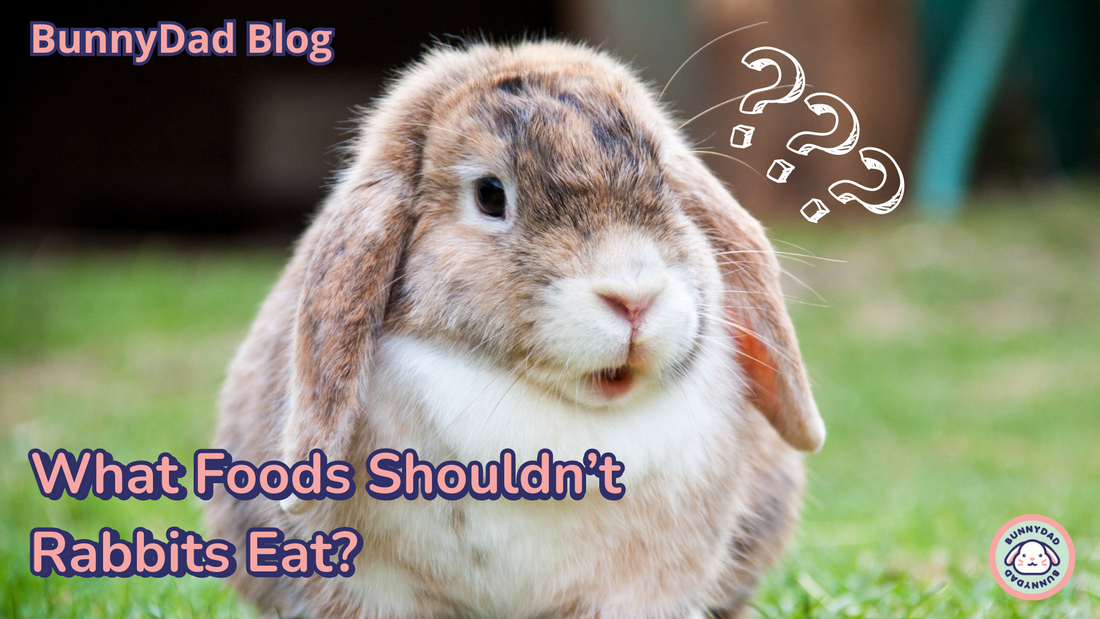



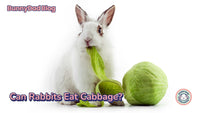


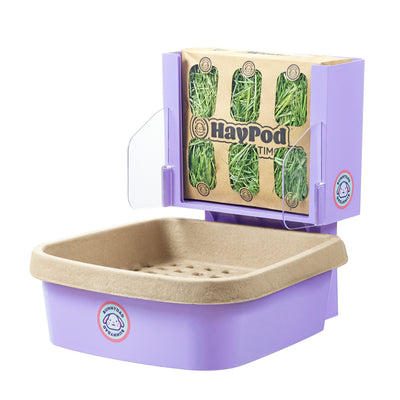
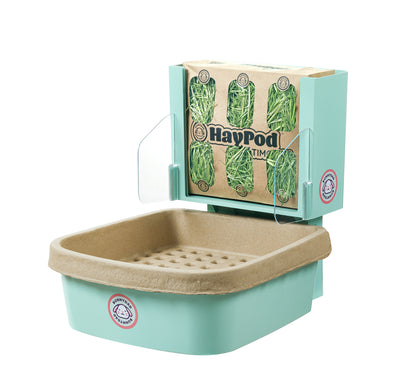
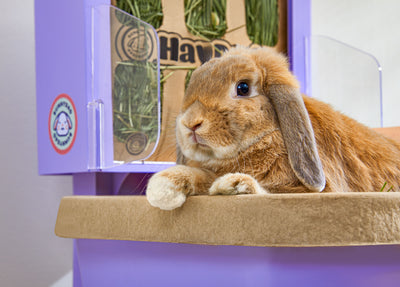
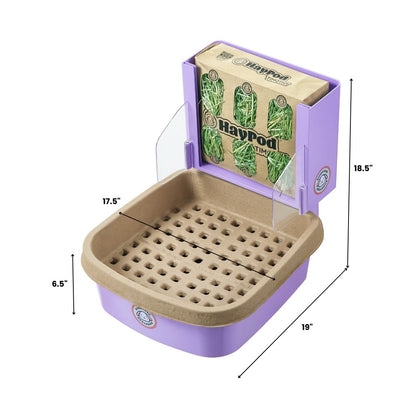
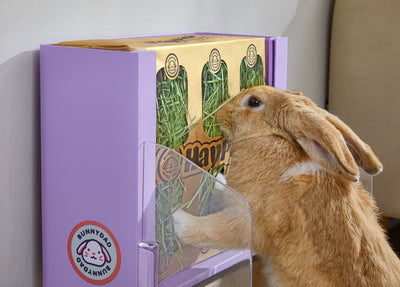


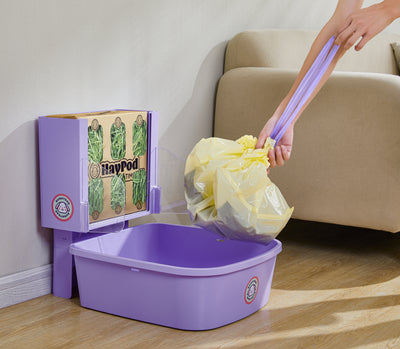
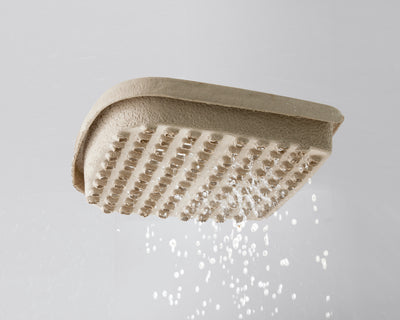
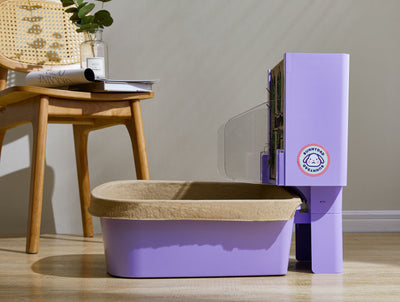

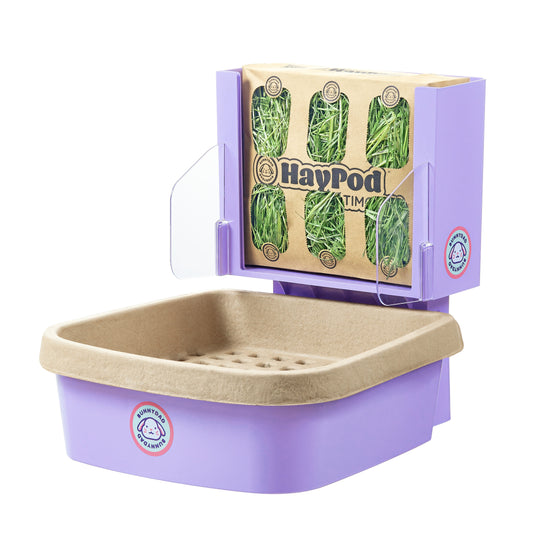


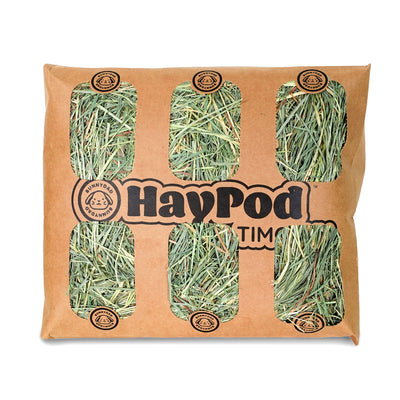
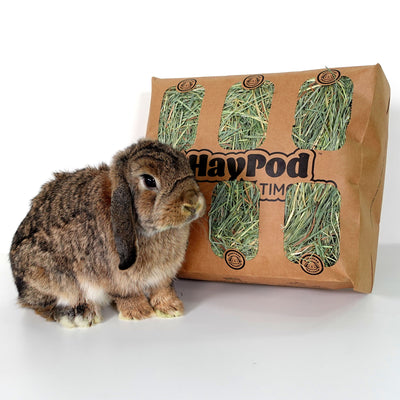
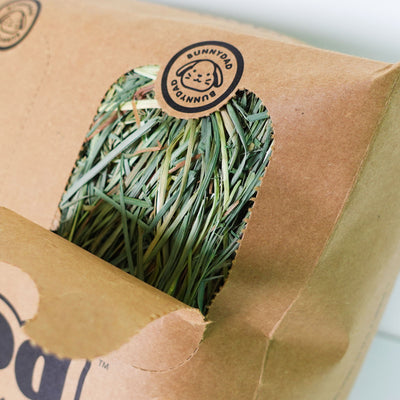
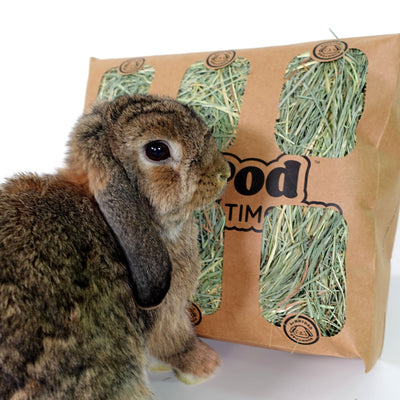
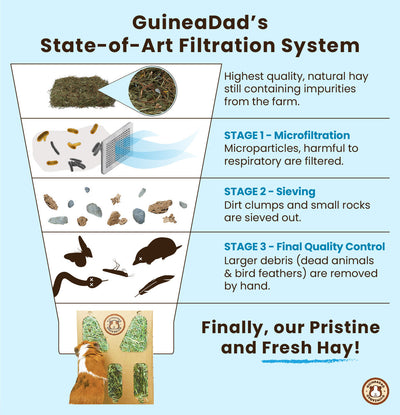
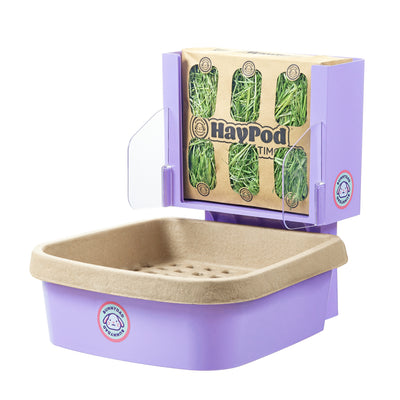
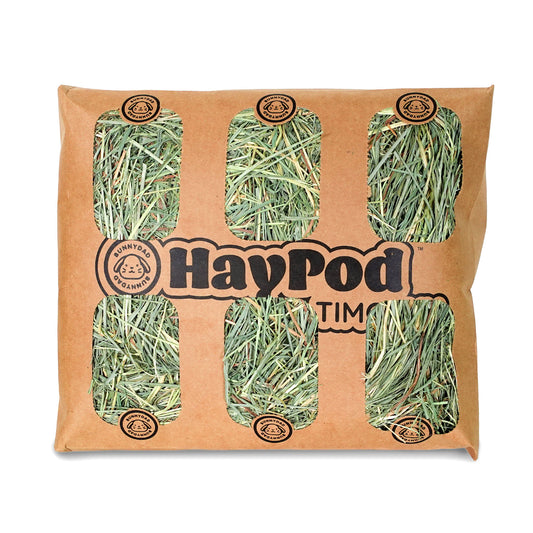
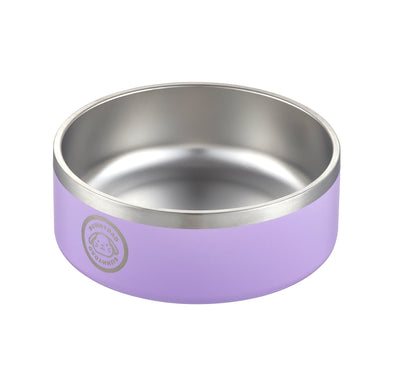
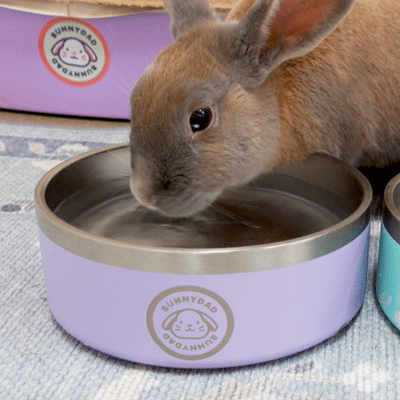
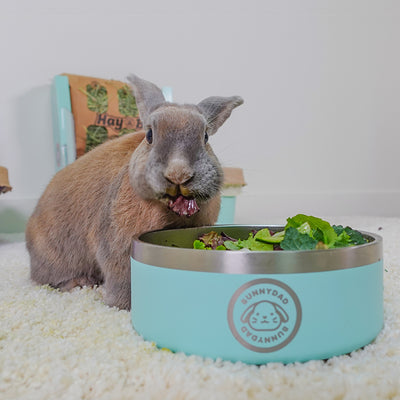
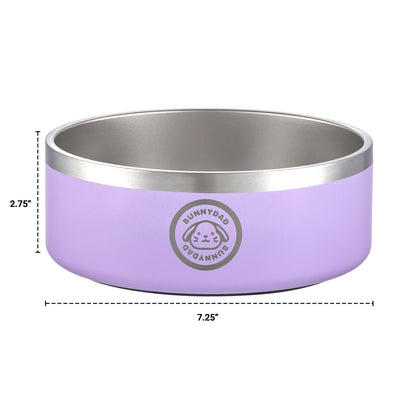
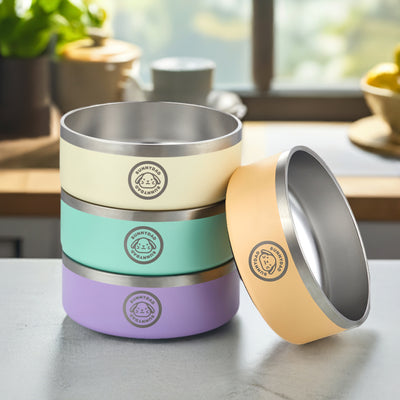
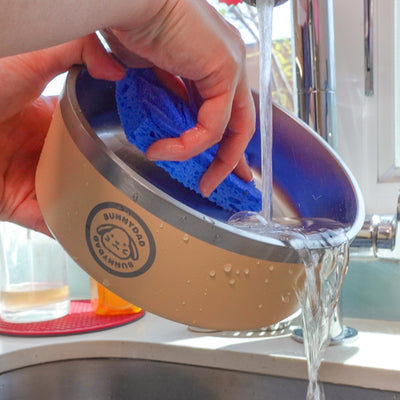
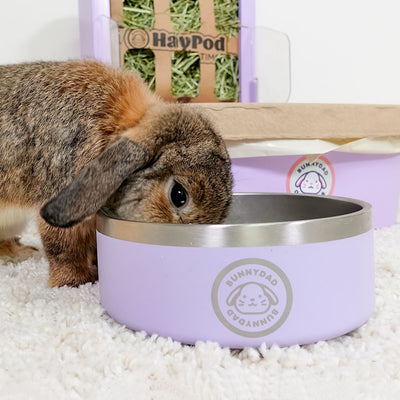
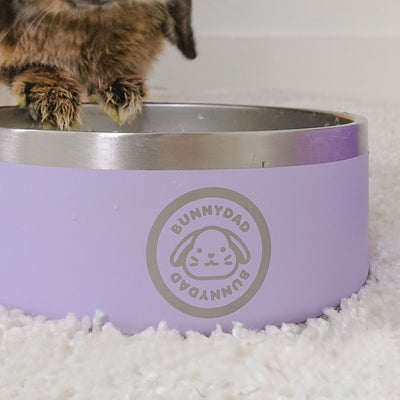
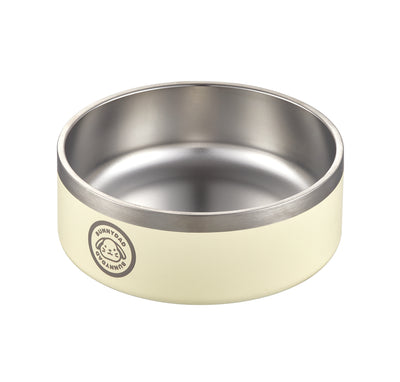
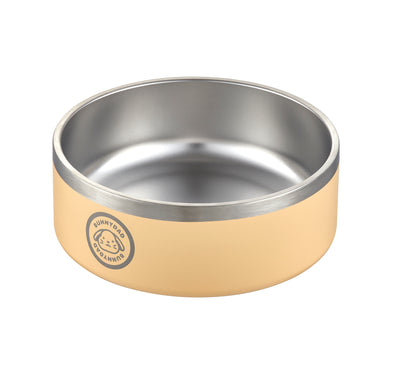
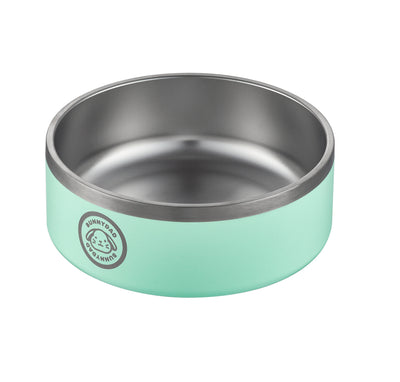
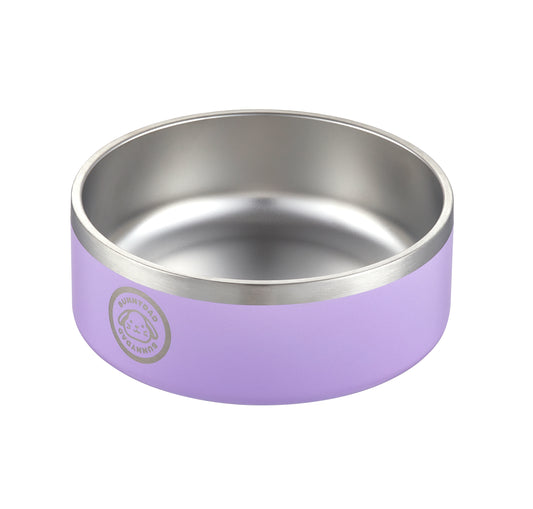




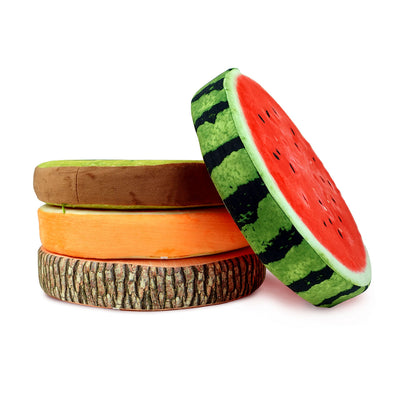
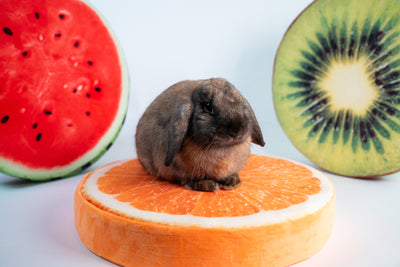
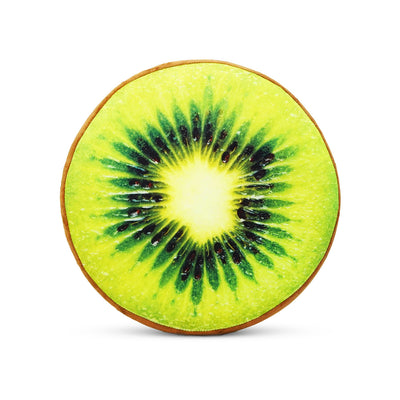
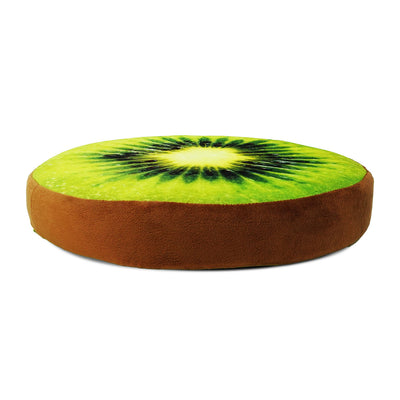
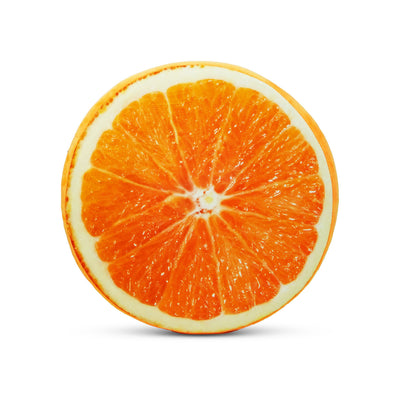
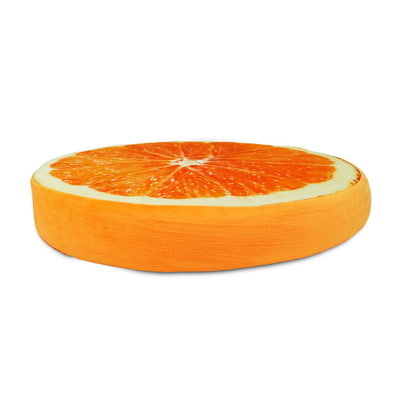
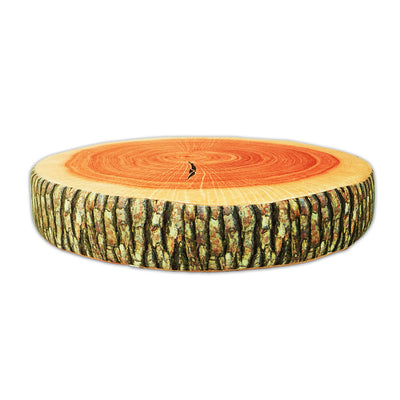
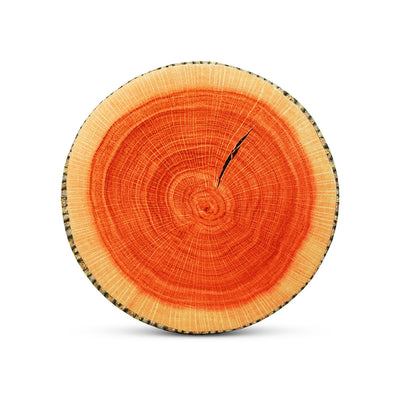
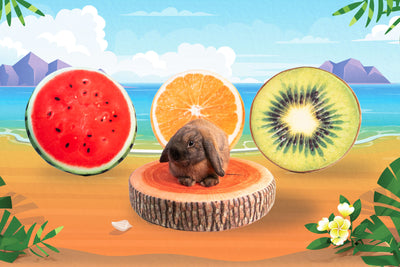
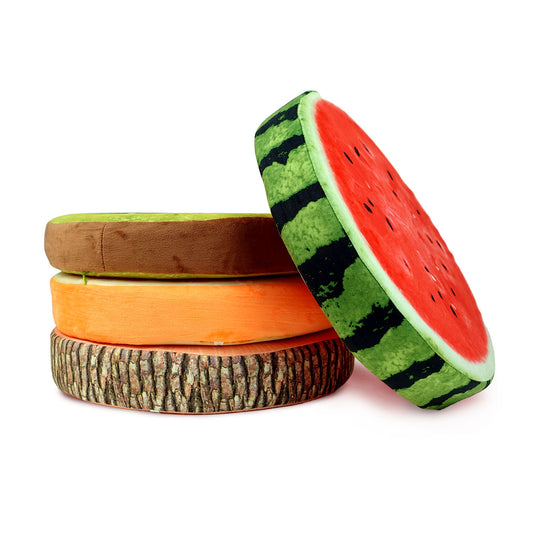
1 comment
So informative! We often hear the warnings but rarely get an explanation of toxicity in raw potatoes, chocolate, and the rest.
Thanks.